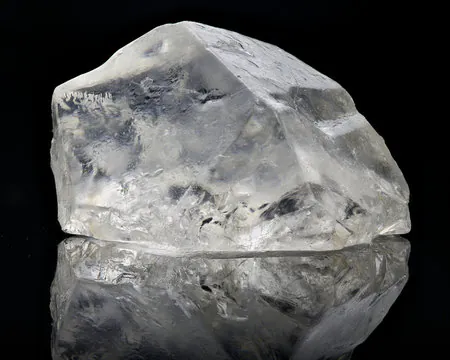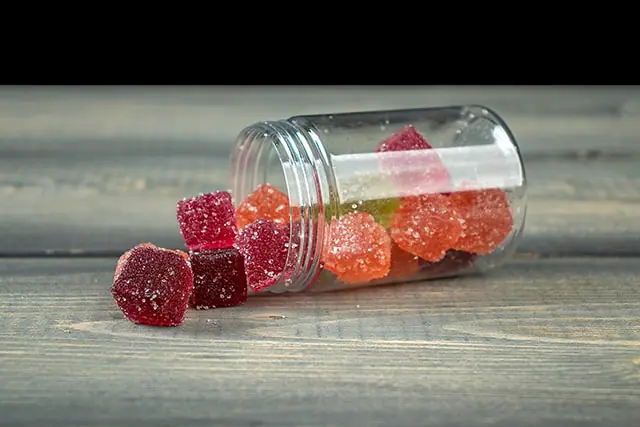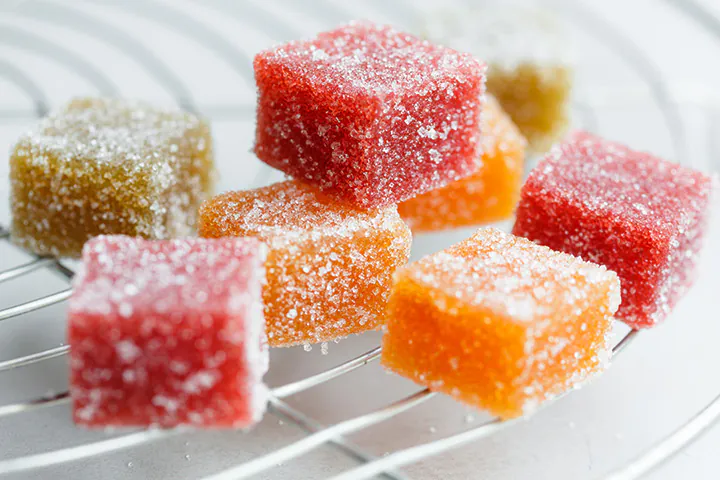Following the tremendous success of Delta 8 THC as a legal option to the more tightly managed availability of Delta 9 THC, the cannabis business has sought additional lesser-known cannabinoids to compete in the broad cannabis marketplace. Hexahydrocannabinol, abbreviated HHC, is one of the newest and most promising cannabis available.
What is HHC?
HHC is a THC that has been known to science for a long time but was rarely mentioned by cannabis customers until recently. HHC is a minor cannabinoid that exists natively in cannabis but insufficiently to make extraction cost-effective. Because commercial manufacturing of HHC is still in its early stages, it is not commonly recognized.
By changing the chemistry of the molecules, most cannabinoids can be transformed into other cannabinoids. Commercial HHC, like delta 8 THC and delta 10 THC, is synthesized in a lab using chemical procedures from hemp-derived CBD.
Roger Adams, a chemist, discovered HHC in the 1940s. He synthesized HHC by introducing hydrogen into the THC molecule and modifying its physical characteristics. The method, known as hydrogenation, was initially detailed in a patent article in 1947. The structure of delta 9 THC is modified by hydrogenation by replacing a double bond with two hydrogen atoms, which increases its molecular weight and makes it more durable. As to scientist and BR Brands Chief Science Officer
Mark Scialdone, hydrogenation improves “stability and resistance to thermo-oxidative breakdown,” which means HHC has a longer shelf life and is less susceptible to UV radiation and heat damage.
How is HHC made?
Even though Adams synthesized Hexahydrocannabinol from THC, HHC products’ brands employ hemp. This is mainly for legal purposes, which we will discuss in the following part.
The production of HHC begins with the extraction of cannabidiol from raw hemp. CBD is separated and distilled. The finished product has a powdered texture and is frequently offered as CBD isolate products. A lot relies on the producer from there. Barely Legal, for example, claims that its HHC production approach is a “secret process” without disclosing much.
THC is hydrogenated by exposing concentrated THC to hydrogen, high pressure, and a metal catalyst. Aside from legality, HHC may be synthesized in a laboratory from THC.
THC is hydrogenated by exposing concentrated THC to hydrogen, high intensity, and a metal catalyst such as palladium, platinum, or nickel. When the catalyst has finished its job, it is removed from the solution. A 2007 study suggested that by using gastric juice, CBD may be converted into various kinds of HHC. However, there is almost little additional information about this method of producing HHC. Lastly, it has been proposed that HHC can be synthesized from a terpene known as citronella. How firms generate, HHC also raises the question of legality.
Does HHC get you high? Does it have side effects?
This is a little difficult. Although HHC is not strictly a THC, it does cause similar results when used in sufficient quantities. An HHC batch is a mixture of active and inactive HHC molecules created in the lab. The active HHC attaches to your body’s cannabinoid receptors well, while the others do not.
Manufacturers haven’t worked out an expense technique to separate high-potency HHC from its low-potency twin, so commercial HHC—a combination of the two forms—may be a gamble for the consumer. HHC, on the other hand, has real consequences. ACCORDING TO USER REPORTS, the HHC high is somewhere between delta 8 and delta 9 THC.
Almost all we understand about the effects and adverse effects of HHC is anecdotal. However, users describe the same set of negative effects as delta 9 THC users, including anxiety and paranoia, dry mouth, dry and red eyes, hunger and thirst, and insomnia.
Will HHC Show Up in a Drug Test?
It seems that HHC does not degrade in the body in the same manner as THC does. In contrast to the delta-8, delta-9, and delta-10 forms of THC, there is some evidence that HHC does not convert into 11-hydroxy-THC, which is the breakdown chemical tested for by many drug panels.
However, this has not been explored and is not confirmed. So yes, nobody can guarantee that HHC will not leave traces of its use in your blood, urine, or hair. If your workplace tests for drug use, we advise you not to use HHC.
Is HHC Safe to Consume?
There is no standardized dose and little to no study on the immediate or long-term impacts of HHC intake, as with any of the novel hemp-derived cannabinoids. HHC product developers and retailers are not required to analyze their products for potency and purity since hemp-derived cannabinoids (including HHC) are not subject to cannabis rules in legal adult-use states.
On the other hand, State Of Mind Labs includes third-party testing findings from KCA Laboratories with their HHC products. According to those testing results, the vape carts contain around 99 percent HHC. (The ratio of 9R and 9S HHC molecules in the experiment added up to a little more than 100%.)
Does HHC Have Medical Benefits?
HHC has not been extensively researched. In contrast to more plentiful cannabinoids such as delta 9 THC or CBD. HHC is not known to have Verified Medicinal Benefits.*
According to a 2011 survey, some synthetic analogs of Hexahydrocannabinol (HHC) “significantly suppressed breast cancer cell-induced angiogenesis and tumor growth.” In 2007, Japanese researchers published an article revealing HHC’s remarkable pain-blocking capabilities in mice. However, it is probably too early to tell whether HHC has great therapeutic potential.
Is HHC Legal, and Will It Stay Legal?
The 2018 Farm Bill legally legalized hemp and all of its derivatives unless the plant or anything made from it contains more than 0.3 percent delta 9 THC. HHC isn’t officially THC. Thus it shouldn’t be subject to federal scrutiny, right? Maybe.
Although HHC occurs naturally in the cannabis plant, it is not the source of commercial HHC. It’s a lab-created substance created by hydrogenating hemp-derived cannabinoids under pressure with a palladium catalyst. The National Cannabis Industry Association describes the result as a “semi-synthetic” cannabis molecule. States may also prohibit the use of HHC. This is likely if HHC grows widespread, particularly if it challenges the legal cannabis industry, as we have seen with Delta 8 THC. But, thus far, HHC is likely to be too niche to pique the interest of state legislators.




